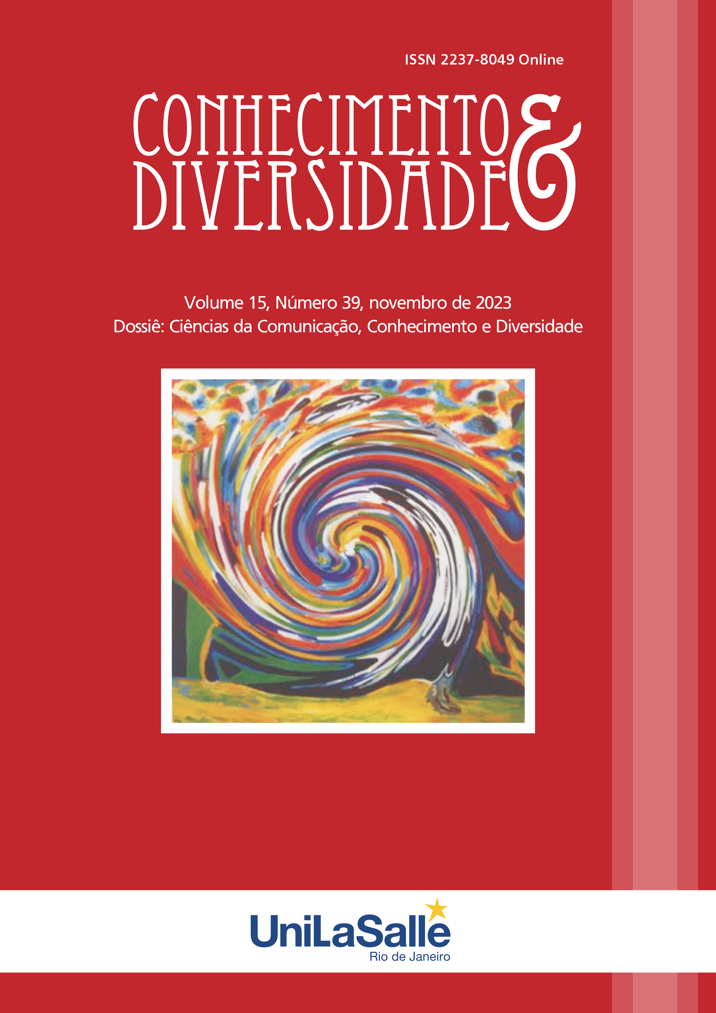PERSONALIZED LEARNING THROUGH ADAPTIVE CONTENT MODIFICATION
EXPLORING THE IMPACT OF CONTENT DIFFICULTY ADJUSTMENT ON LEARNER PERFORMANCE
DOI:
https://doi.org/10.18316/rcd.v15i39.11153Keywords:
Adaptive learning systems, Personalized learning, Learner performance, Content difficulty adjustmentAbstract
This research aims to explore the effectiveness of adaptive learning systems in dynamically modifying content to align with the abilities and knowledge levels of individual learners. By employing data analytics and machine learning algorithms, the study examines how content difficulty adjustment, pacing, content selection, and adaptive feedback contribute to a personalized learning experience. This study embarked on an exploration of the efficacy and implications of adaptive learning systems across diverse educational settings: K-12 classrooms, higher educational institutions, and corporate training environments. Through a multi-modal approach, incorporating both quantitative and qualitative analyses, the study evaluated the potential benefits and transformative impact of these personalized learning tools. Quantitatively, results indicated marked improvements post-intervention: notably, a rise in completion rates, significant enhancement in test scores, and increased engagement durations. Machine learning analyses further revealed patterns among learners, signifying segments that benefited immensely from the intervention. Qualitative feedback, obtained through semi-structured interviews, painted a compelling narrative of learner experiences. Common themes emphasized the system's adeptness at adjusting difficulty, facilitating personalized pacing, and providing nuanced, constructive feedback. Adaptive learning systems emerge as a potent tool in modern educational strategies, blending technology and pedagogy to deliver a tailored, responsive learning experience. However, while the immediate implications are promising, the broader applicability and long-term outcomes warrant further research. This study serves as a foundational exploration, signaling the transformative potential of adaptive learning in reshaping educational landscapes.
References
Aammou, S., Jdidou, Y., & El Bakkari, K. (2018). Toward New Method for Adaptive Learning. In Learning Strategies and Constructionism in Modern Education Settings (pp. 177-196). IGI Global.
Bondie, R. S., Dahnke, C., & Zusho, A. (2019). How does changing “one-size-fits-all” to differentiated instruction affect teaching?. Review of Research in Education, 43(1), 336-362.
Shemshack, A., & Spector, J. M. (2020). A systematic literature review of personalized learning terms. Smart Learning Environments, 7(1), 1-20.
Nadira, B., Makhlouf, D., & Amroune, M. (2021). Personalized online learning: context driven massive open online courses. International Journal of Web-Based Learning and Teaching Technologies (IJWLTT), 16(6), 1-15.
Downloads
Published
Issue
Section
License
Copyright (c) 2023 Hicham Er-Radi, Souhaib Aammou , Aymane Jdidou

This work is licensed under a Creative Commons Attribution 4.0 International License.
As recommended by the Public Knowledge Project, RCD adopts for its articles a CREATIVE COMMONS Attribution CC BY 4.0 license.
This license allows others to distribute, remix, adapt and build upon your work, even commercially, as long as they credit you for the original creation.
This is the most appropriate license offered.
Recommended for maximum dissemination and use of licensed materials.



